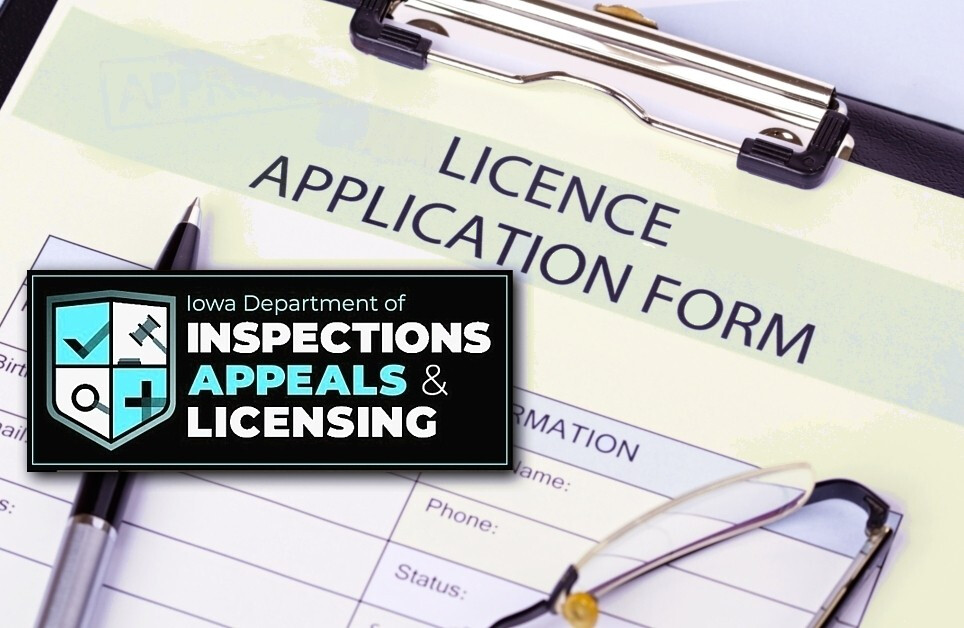
CHICAGO – Global pharmaceutical company AbbVie Inc. has filed a lawsuit against the state of South Dakota challenging a new law that restricts the company's ability to limit drug discounts for healthcare providers serving Medicaid patients. AbbVie, which markets drugs like Botox and Humira, took legal action against Senate Bill 154, signed into law by South Dakota Governor Kristi Noem on March 11th.
Senate Bill 154 prohibits pharmaceutical manufacturers from limiting the number of contract pharmacies that hospitals and clinics can partner with to distribute drugs under the federal 340B program.
340B Program: A Lifeline for Rural Healthcare?
Supporters of the legislation argue that the 340B program provides crucial support for financially strained rural healthcare facilities and pharmacies. They contend that these providers, facing low reimbursement rates from Medicaid and Medicare, rely on the 340B program to generate additional revenue necessary for their survival.
Conversely, opponents of such programs argue that the practice of healthcare providers purchasing drugs at discounted 340B prices and then reselling them at higher rates to recoup costs is unsustainable, disadvantageous to patients, and interferes with free market principles. However, the South Dakota legislature sided with the healthcare providers.
AbbVie Alleges "Illegal Taking" of Drugs
In its lawsuit, AbbVie argues that the new South Dakota law amounts to an illegal "taking" of the company's drugs. The company contends that it is being forced to supply drugs through contract pharmacies without having control over which or how many pharmacies it must supply at discounted prices.
Furthermore, AbbVie asserts that Senate Bill 154 impermissibly alters the conditions of a federal statute, a power not granted to the South Dakota legislature, and infringes upon the regulation of interstate commerce, a power solely vested in the U.S. Congress. In its filing, AbbVie states that the law "improperly tips the scales in favor of in-state pharmacies and covered entities at the expense of out-of-state manufacturers."
Other states that have enacted similar laws have faced similar legal challenges. AbbVie's lawsuit was filed in South Dakota's state court, just six days after a federal judge dismissed a similar challenge to a comparable law in Minnesota. Meanwhile, the 8th U.S. Circuit Court of Appeals sided with the state in a case involving a similar Arkansas law.
However, the pharmaceutical industry has also secured some victories. Last summer, in a case brought by United Therapeutics Corporation in Washington D.C., an appellate court upheld a lower court ruling stating that the 340B statute does not prohibit drug manufacturers from limiting how their drugs are distributed within the program.
South Dakota Attorney General Marty Jackley and state Insurance Director Larry Deiter are named as defendants in the South Dakota lawsuit. Tony Mangan, a spokesman for Attorney General Jackley, told South Dakota Searchlight that the state had not yet been served with the lawsuit. The Attorney General's office typically defends state laws in court, regardless of the defendant's status.
History and Evolution of the 340B Program
Established in 1992, the 340B program requires pharmaceutical companies, as a condition of having their drugs covered by Medicaid and Medicare, to offer discounted drug prices to hospitals, clinics, and other healthcare providers that serve a large number of low-income patients. These "covered entities" can purchase drugs at a discount and then dispense them at a higher rate, using the difference to offset budget shortfalls and maintain services for patients.
Initially, the 340B program primarily served a limited number of hospitals and clinics that treated Medicaid patients. However, the Affordable Care Act of 2010 expanded the program's reach to include a broader range of facilities, such as "sole community hospitals" serving rural Medicaid populations. According to a report by the American Hospital Association, the number of rural healthcare facilities utilizing the 340B program more than doubled after this expansion.
Access to affordable drugs through contract pharmacies has also expanded, according to AbbVie's lawsuit. While retail commercial pharmacies are not eligible "covered entities" under the 340B program, they can gain access to discounted drugs by contracting with eligible healthcare providers.
AbbVie characterizes these arrangements between healthcare providers serving Medicaid patients and contract pharmacies as a way for these entities to profit at the expense of pharmaceutical companies and low-income patients. The lawsuit states, "For-profit contract pharmacies dispense manufacturers’ drugs purchased at the federal discount price to patients (including non-indigent patients) at full price, pocketing the difference, rather than providing care to indigent and uninsured patients of covered entities."
South Dakota Healthcare Providers: Program is "Essential for Survival"
South Dakota healthcare systems, rural hospitals, and pharmacy lobbyists present a different perspective on these arrangements. John Ayoub, CEO of Mobridge Regional Hospital, told lawmakers in February that his non-profit healthcare system serves patients across North and South Dakota. "We are the only hospital within 100 miles in every direction that provides OB services, general and trauma surgery," he emphasized.
Ayoub stated that many of their patients are Medicaid recipients, and due to low reimbursement rates, the Mobridge system often operates at a loss. He reported losses of $600,000 last year and $1 million the year before. Without the financial support of the 340B program, funded by pharmaceutical companies rather than taxpayers, some services would have to be discontinued, potentially leading to "people dying," a statement he stressed was "not an exaggeration, it is a fact."
Dillon Kierstead, who owns independent pharmacies in Philip and Custer, explained that being able to charge a "reasonable dispensing fee" through the 340B program helps keep his pharmacies operational. He worried that if pharmaceutical companies were allowed to limit contract pharmacies, he might not be able to continue providing medications to his Medicaid patients. "It is impossible for an elderly diabetic patient, who is my pharmacy patient, to drive 90 miles to Rapid City in the dead of winter when they need their medication," he said on February 19th.
Lobbyists for pharmaceutical companies and free-market political groups argued to lawmakers that the bill attempts to address issues that should be resolved at the federal level.
State Senator Sydney Davis, a Republican who voted in favor of Senate Bill 154, acknowledged before the vote that the 340B program acts as a backstop to make up for low federal reimbursement rates. "Hospitals and clinics and pharmacies are doing the best they can with the situation they are given, and the federal government needs to take action," she said.
[Copyright (c) Global Economic Times. All Rights Reserved.]




























